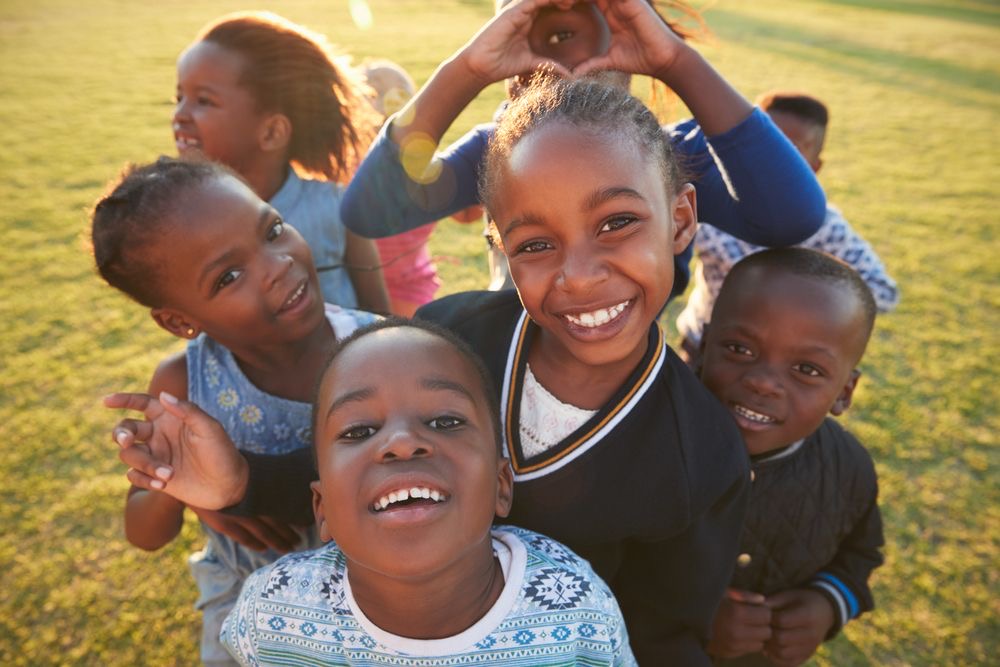Peace: the fundamental determinant of health
Renewed thinking and galvanised action is central to bringing peace and health to fragile and conflict-affected environments. With COVID-19 offering a potential avenue to rebuild social cohesion and bring communities together, we can mitigate the spread of the virus, recover and do better moving forwards
The determinants of health are the conditions in which people are born, grow, live, work and age. Political decisions and ideologies are strong determinants of health and have an impact on health policies at all levels. In the World Health Organization’s Eastern Mediterranean Region, where conflicts and humanitarian crises affect more than half the countries, political determinants including peace play an important role in health-related decisions at both the community and service delivery levels.
The fundamental importance of peace for development is recognised in Goal 16 of the transformative 2030 Agenda for Sustainable Development, in the WHO Constitution of 1948, in the Ottawa Charter for Health Promotion of 1986 and, more recently, in WHO’s 13th General Programme of Work, 2019–2023. However, in practice a narrow view of health focused on preventing and treating disease has largely prevailed in public health. Ignoring peace and other political and social determinants of health has created barriers to achieving the ambitions of the global health community.
The COVID-19 pandemic has exacerbated deep existing injustices in societies, highlighting socio-economic, health and gender inequalities and a lack of trust in institutions. It has further strained already-compromised health systems in fragile and conflict-affected settings. At the same time, however, it offers an opportunity to address underlying inequities by looking at health holistically, as envisioned in the WHO Constitution. The pandemic has shown that health is a universal need and a shared interest, and that it cannot be delivered unless associated politics are dealt with. Decisive leaders are increasingly acknowledging and acting upon this in responding to COVID-19. In countries where people have suffered from the absence of peace for years, there are new instances of collaboration among opposing parties, demonstrating that health can be a platform to create greater understanding and cooperation. COVID-19 thus offers a potential avenue to rebuild trust and social cohesion, to bring communities together to mitigate the spread of the virus, recover and build back better.
Peace promotion or peace-building is complex and deeply political, making it challenging for the health community to undertake. But the COVID-19 pandemic has given health unprecedented attention while also highlighting the need to embrace the concept of holistically acting on the determinants of health. According to the Global Peace Index, 14 of the 22 countries and territories in the Eastern Mediterranean Region are in a “low” or “very low” state of peace, and 6 of the 10 least peaceful countries globally belong to this region. People in these countries desire better health and well-being. Peace is fundamental to their present and future aspirations.
Health for Peace
Recognising the need to act on peace as a determinant of health, the WHO Regional Office for the Eastern Mediterranean, in collaboration with interested member states and partner organisations, launched the Health for Peace (HoPE) initiative in 2019. The initiative is inspired by WHO’s strategic framework for health and development in the region, Vision 2023, and guided by the principles of the Sustainable Development Goals and the General Programme of Work. Its central premise is that health programmes can achieve their primary health objectives and, in the process, contribute to building peace by fostering trust in institutions, facilitating health cooperation and improving social cohesion. The idea of health as a bridge for peace is not new; the Pan American Health Organization led a similar initiative in the 1980s.
It is a massive undertaking to realise HoPE in a complex and emergency-affected region such as the Eastern Mediterranean. WHO’s implementation approach is therefore multifaceted and gradual. It involves gathering evidence on the links between health and peace, promoting advocacy, nurturing partnerships and building capacity. Current evidence on the contribution of health to peace is inconclusive. HoPE is addressing this by investigating conflict and related determinants through WHO’s Regional Commission on the Social Determinants of Health. Peace needs partnerships and vocal advocates in the health community. Led by Oman and later joined by Switzerland, HoPE is witnessing a growing group of interested member states advocating for using health as a bridge for peace. Health workers are trained to deliver health but are not equipped with peace skills. HoPE has collaborated with institutions such as the Centre of Competence on Humanitarian Negotiation to bridge this competence gap, and the pandemic has reinforced our ambitions. Joint activities are being conducted with the Lancet-SIGHT Commission on Peaceful Societies through Health and Gender Equality. Health-worker training in negotiation skills have been repurposed to facilitate pandemic response negotiations in conflict-affected countries. Inspired by HoPE, country-specific projects are being initiated, such as a joint project by WHO, UNICEF, the International Organization for Migration and the United Nations Peacebuilding Fund on mental health and psychosocial support for youth and peacebuilding in Somalia.
With the pandemic putting health in the spotlight, we need to renew our thinking and galvanise action on peace as a determinant of health in fragile and conflict-affected environments. Better health and well-being for people in these societies is possible if the health community strongly believes in, speaks and acts for health as a bridge for peace.












